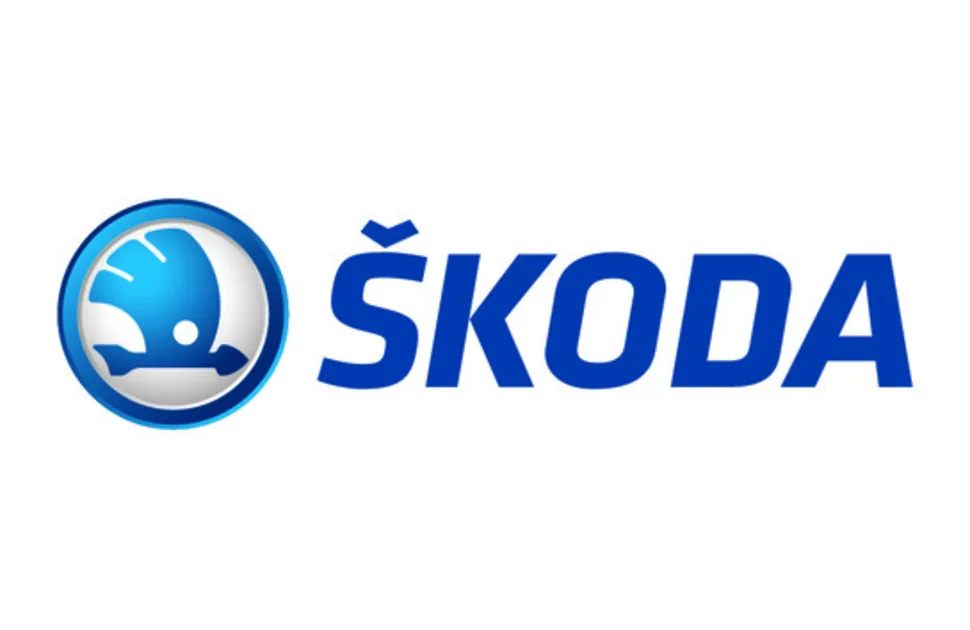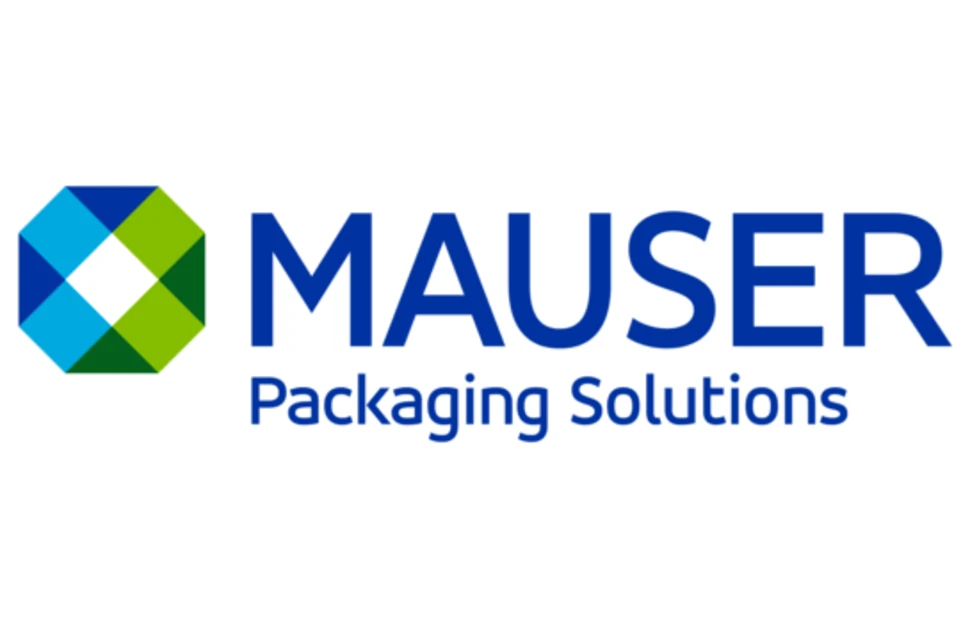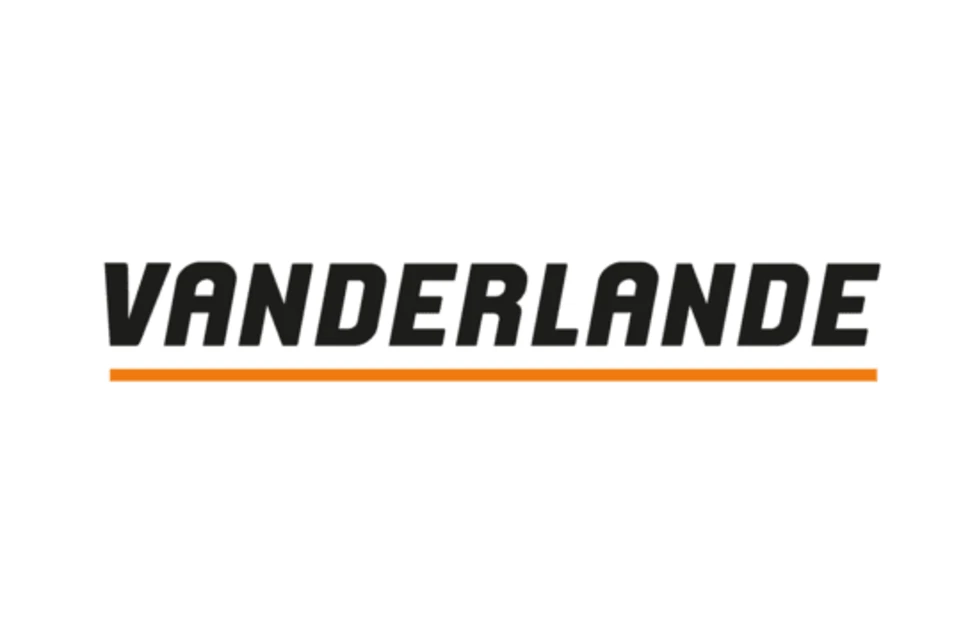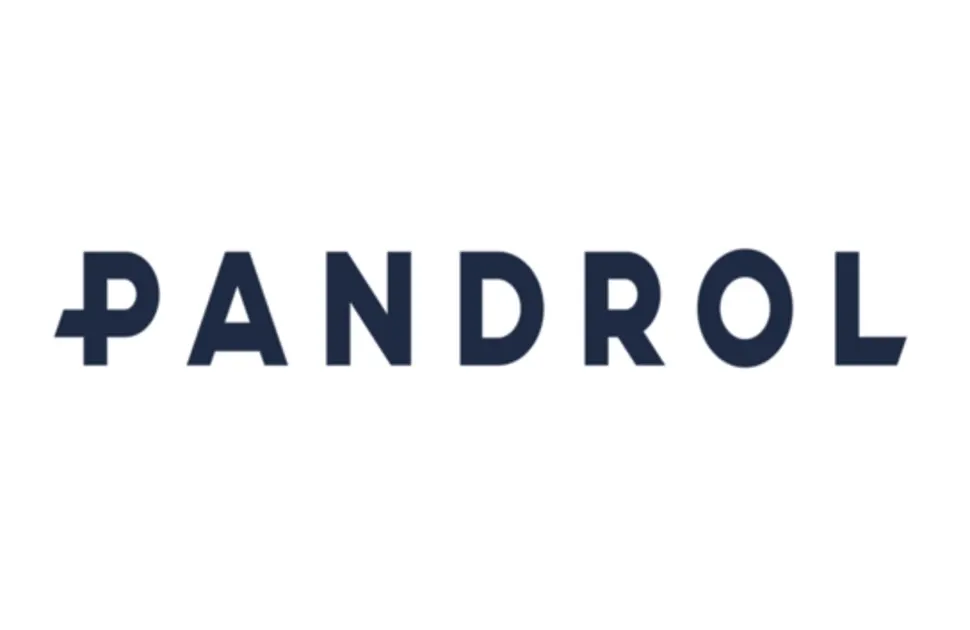UK Metals Expo Q&A: ISTA president Godfrey Watt
International Steel Trade Association (ISTA) president Godfrey Watt has said that steel market leaders must evolve their businesses to meet the challenge of a “rubbish” 12-month trading period.
In an interview with MEPS International ahead of his appearance on the UK Metals Expo’s September 12 Carbon Steel Market: Navigating Trends and Price Dynamics panel discussion, Watt considered some of the key challenges the sector has faced in the past year.
Watt, who was also part of MEPS’s panel of expert speakers at last year’s event, highlighted import quotas, complications resulting from Brexit and the decarbonisation of the UK steel industry as hurdles for the sector.
He said that the ability to “step back, consider what your business is, and imagine how you could do it better” would help businesses to succeed.
- MEPS’s presence at UK Metals Expo will be centred around its stand, B50. Click here to book a free consultation with a market analyst.
Read on for MEPS’s interview with ISTA president Godfrey Watt:
How would you describe your 12 months in the steel industry since the UK Metals Expo 2023?
It’s been pretty rubbish. Business seems to be tougher for everyone in the sector. The lack of demand has been an issue globally, meaning that the real challenge in many cases is trying to sell material to people that don’t really need it. Many people are still making efforts to destock and everybody remains concerned about whether the next price they receive is going to be cheaper, further eroding confidence in the market.
What have been the major challenges for your business during that period?
Even if the market was good, you would still have the other factors that have come into play to make life difficult. One thing causing us problems is the import quota system. This is particularly an issue in Northern Ireland, which has been left in a kind of ‘no man’s land’ by Brexit, where they’re subject to EU as well as UK quotas. Also, the recent TRA SIFD concerning hot rolled coil Category One quotas has caused a storm of objections over its operation and definitions. The view from our members is that, if it is confirmed in its present form, the playing field will be so unlevel that we risk slipping off the pitch altogether. In particular, major concerns are over how the 1A and 1B utilisation is controlled and monitored, downstream process definitions, and the risk of origin circumvention. Another issue in the UK, post Brexit, has been the amount of paperwork required for customs clearance. At ISTA, we calculate that the extra administration alone adds around GBP4 per tonne to the price of material. It’s something we have to deal with, even though we were promised less paperwork and less red tape.
What were the biggest opportunities for your business in the past 12 months?
As a company [Watt is also a director at Kromat Trading], we have found a couple of new sources that we are quite excited about. It just shows that you should never just sit on your hands, say “this is how we’ve always done it” and then complain that things aren’t working as well as they used to. You need to step back, consider what your business is, and imagine how you could do it better, particularly in a quiet market like the one we have now.
The EU Carbon Border Adjustment Mechanism (CBAM) was a hot topic at last year’s event. Has your business been affected by this and are you making any preparations for the UK version?
Obviously CBAM is an ongoing issue. We’re making preparations with all our suppliers, making sure that they have the appropriate EPDs (Environmental Product Declarations), and our customers are also calling us and want that information themselves. Most of the mills that we deal with are already trading with the EU, so they should be prepared for the UK CBAM when that comes in. Although we don’t know what that will entail, I assume that it will be a ‘copy and paste’ of the EU scheme.
Which steel industry ‘hot topic’ are you most keen to hear or learn more about at UK Metals Expo 2024?
I think the main thing that people will be keen to hear about will centre on the future of the UK’s steelmakers. It affects not only importers, but also those businesses that depend on a supply of domestically produced material. Transitioning to EAF will save money and reduce energy consumption. But, as we all know, when you modernise, you unfortunately lose jobs and that is something that has happened this year.
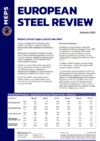
Source:
European Steel Review
The MEPS European Steel Review is an informative, concise and easy-to-use monthly publication, offering unique professional insight into European carbon steel prices.
Go to productRequest a free publication
